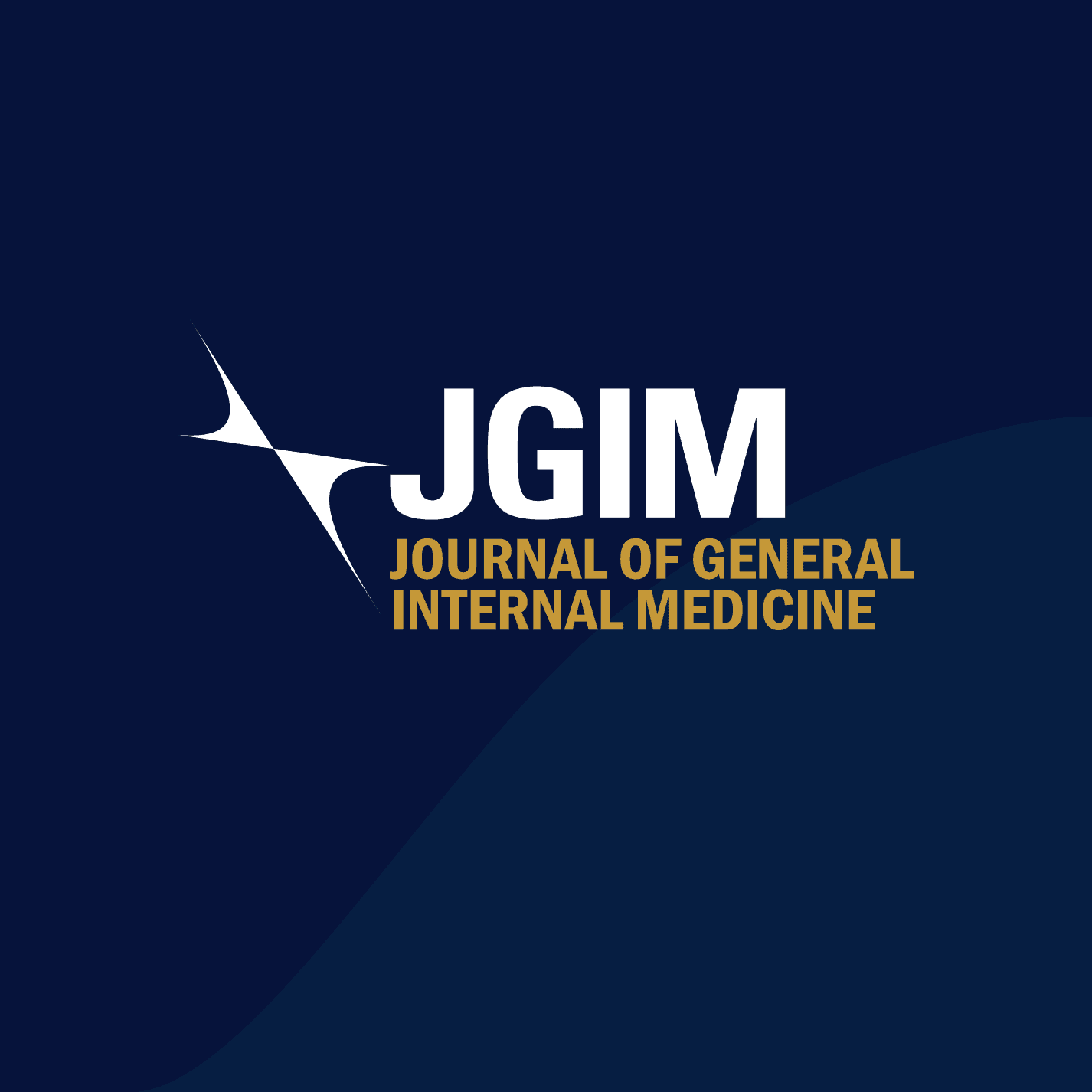Abstract
Background
People with dementia (PWD) often use potentially inappropriate medications (PIM), exposing them to harm. Patient portals are a promising platform for delivering deprescribing educational interventions to reduce PIM use, yet little is known about how PWD and their care partners use patient portals to communicate with clinicians about medications.
Objective
To characterize the content of patient portal messages relating to medications among PWD, care partners, and clinicians, to inform development of a portal-based intervention to reduce use of PIM among PWD.
Design
Descriptive analysis of data from the electronic health record and qualitative analysis of patient portal messages.
Participants
Adults 65 and older, categorized as having dementia based on EHR algorithm, who received care in an academic health system from 2017 to 2022.
Approach
Electronic health record data were analyzed using descriptive statistics. Qualitative coding identified topics raised in portal messages.
Key Results
A total of 399 message threads from 159 unique patients were analyzed. Patients were on average 78.4 years old (SD 8.0). Most (65%) were female, White (76%), and non-Hispanic/Latinx (96%); 15% had a registered proxy portal user. The most common topics raised in portal messages were logistics (42%), concerns about adverse effects/treatment burden (25%), asking for new medications (23%), and openness to stopping medications (21%). Qualitative analysis revealed three main themes related to deprescribing: (1) Opportunities to deprescribe, (2) challenges to deprescribing, and (3) medication-related counseling in the portal.
Conclusions
PWD and their care partners frequently raise medication concerns in the portal, suggesting it is a promising platform for delivering deprescribing interventions for this population. Future research should identify characteristics of portal-based interventions that would best support deprescribing for PWD and develop pragmatic workflows.
Topic
JGIM
Author Descriptions
Division of Geriatric Medicine and Gerontology, Johns Hopkins University School of Medicine, Mason F. Lord Center Tower, 7th Floor, 5200 Eastern Avenue, Baltimore, MD, 21224, USA
Ariel R. Green MD, PhD, MPH
Department of Health Policy and Management, Johns Hopkins Bloomberg School of Public Health, Baltimore, MD, USA
Aleksandra Wec BA, Mingche M. J. Wu MPH & Jennifer L. Wolff PhD
Johns Hopkins University School of Nursing, Baltimore, MD, USA
Kelly T. Gleason PhD, RN & Mary Jo Gamper MSN, RN, CPNP
Share
Related Articles
Bias Sensitivity in Diagnostic Decision-Making: Comparing ChatGPT with Residents
Abstract Background Diagnostic errors, often due to biases in clinical reasoning, significantly…
Pulmonary and Cardiac Smoking-Related History Improves Abstinence Rates in an Urban, Socioeconomically Disadvantaged Patient Population
Abstract Background Tobacco use continues to take the lives of many, and…


